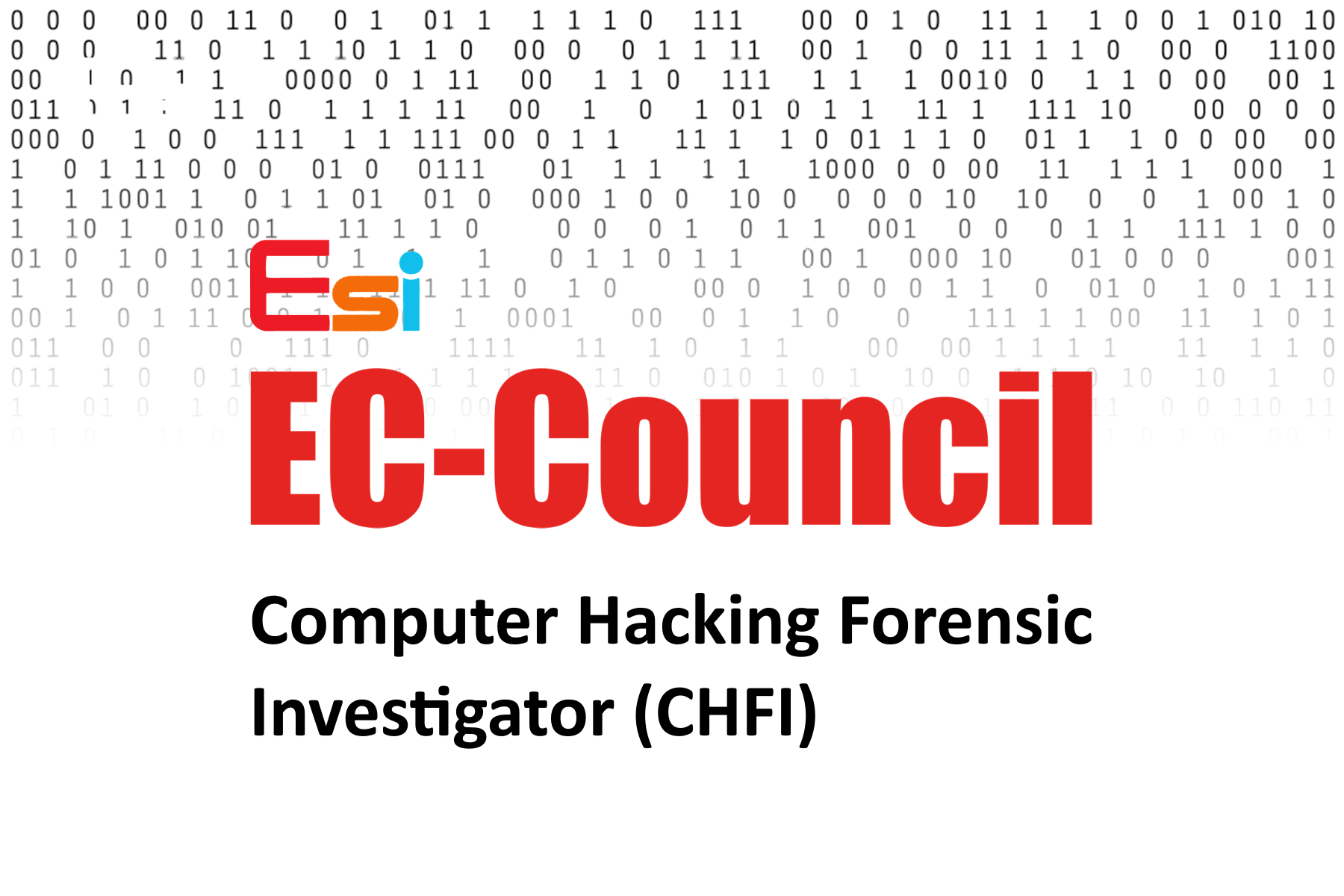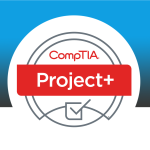Overview
- EC-Council Computer Hacking Forensic Investigation (CHFI) is the method of detecting cyber-attacks and systematically extracting evidence to support the cyber-crime investigation report, and conducting periodic audits to prevent similar attacks in future. CHFI certification training validates an individual’s knowledge of computer forensics for reporting hacking attempts and attacks in the courts of
- CHFI v10 is a complete vendor-neutral course covering all major forensics investigation technologies and solutions. The CHFI v10 program has been redesigned and updated after a thorough investigation into current market requirements, job tasks analysis, and the recent industry focus on forensic The CHFI v10 course is the most extensive and propelled accreditation program that summarizes the essential knowledge of digital forensic techniques and standard forensic tools to collect the intruder’s footprints necessary for his investigation. From identifying the footprints of a breach to collecting evidence for a prosecution, CHFI v10 walks students through every step of the process with experiential learning.
- The course focuses on the latest technologies including
- IoT Forensics, Dark Web Forensics, Cloud Forensics (including Azure and AWS), Network Forensics, Database Forensics, Mobile Forensics, Malware Forensics (including Emotet and Eternal Blue), OS Forensics, RAM forensics and Tor Forensics, CHFI v10 covers the latest tools, techniques, and methodologies along with ample crafted evidence files.
Benefits
- Finding out about various kinds of cyber laws for investigating cyber-crimes.
- Analyzing digital evidence through rules of evidence by considering crime
- Roles of the first responder, first responder toolkit, securing and assessing electronic crime scene, directing preliminary interviews, archiving electronic crime scene, gathering and safeguarding electronic proof, bundling and transporting electronic crime scene, and detailing electronic crime
- Setting up the computer forensics lab and creating investigation reports.
- Steganography, Steganalysis and image
- Learn about Malware Forensics processes, along with new modules such as Dark Web Forensics and IoT
- Forensic methodologies for public cloud infrastructure, including Amazon AWS and
- In-depth focus on Volatile data acquisition and examination processes (RAM Forensics, Tor Forensics, etc.).
- Skills to meet regulatory compliance standards such as ISO 27001, PCI DSS, SOX, HIPPA,
- Kinds of log capturing, log management, Investigation logs, network traffic, wireless attacks, and web assaults.
- Gathering volatile and non-volatile data from Windows and recouping erased documents from Windows, Mac OS X, and Linux. Researching password secured documents by utilizing password cracking concepts and tools
The Main Topic of the Course
- Module 1: Computer Forensics in Today’s World
- Module 2: Computer Forensics Investigation Process
- Module 3: Understanding Hard Disks and File Systems
- Module 4: Data Acquisition and Duplication
- Module 5: Defeating Anti-Forensics Techniques
- Module 6: Windows Forensic
- Module 7: Linux and Mac Forensics
- Module 8: Network Forensics
- Module 9: Investigating Web Attacks
- Module 10: Dark Web Forensics
- Module 11: Database Forensics
- Module 12: Cloud Forensics
- Module 13: Investigating Email
- Module 14: Malware Forensics
- Module 15: Mobile Forensics
- Module 16: IoT Forensics
Course Requirements
- IT/forensics professionals with basic knowledge of IT/cybersecurity, computer forensics, and incident
- Knowledge of Threat Vectors.
Targeted Audience
The CHFI program is designed for all IT professionals involved with information system security, computer forensics, and incident response.
- Police and other law enforcement personnel
- Defense and Security personnel
- e-Business Security professionals
- Legal professionals
- Banking, Insurance, and other professionals
- Government agencies
- IT managers
LAB Requirement
It is recommended to have LAB in this course






